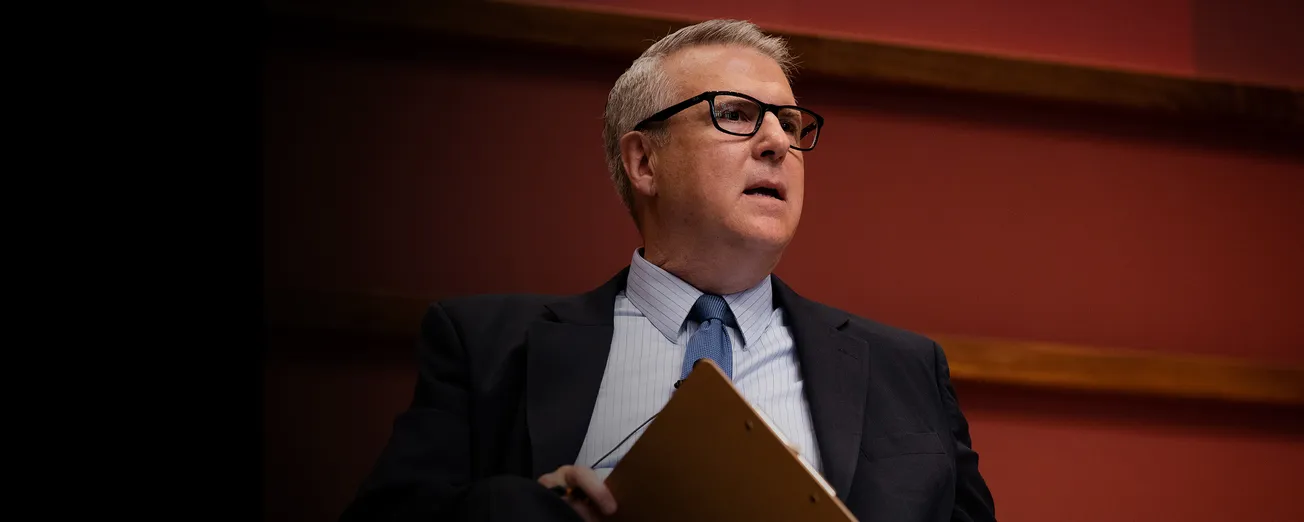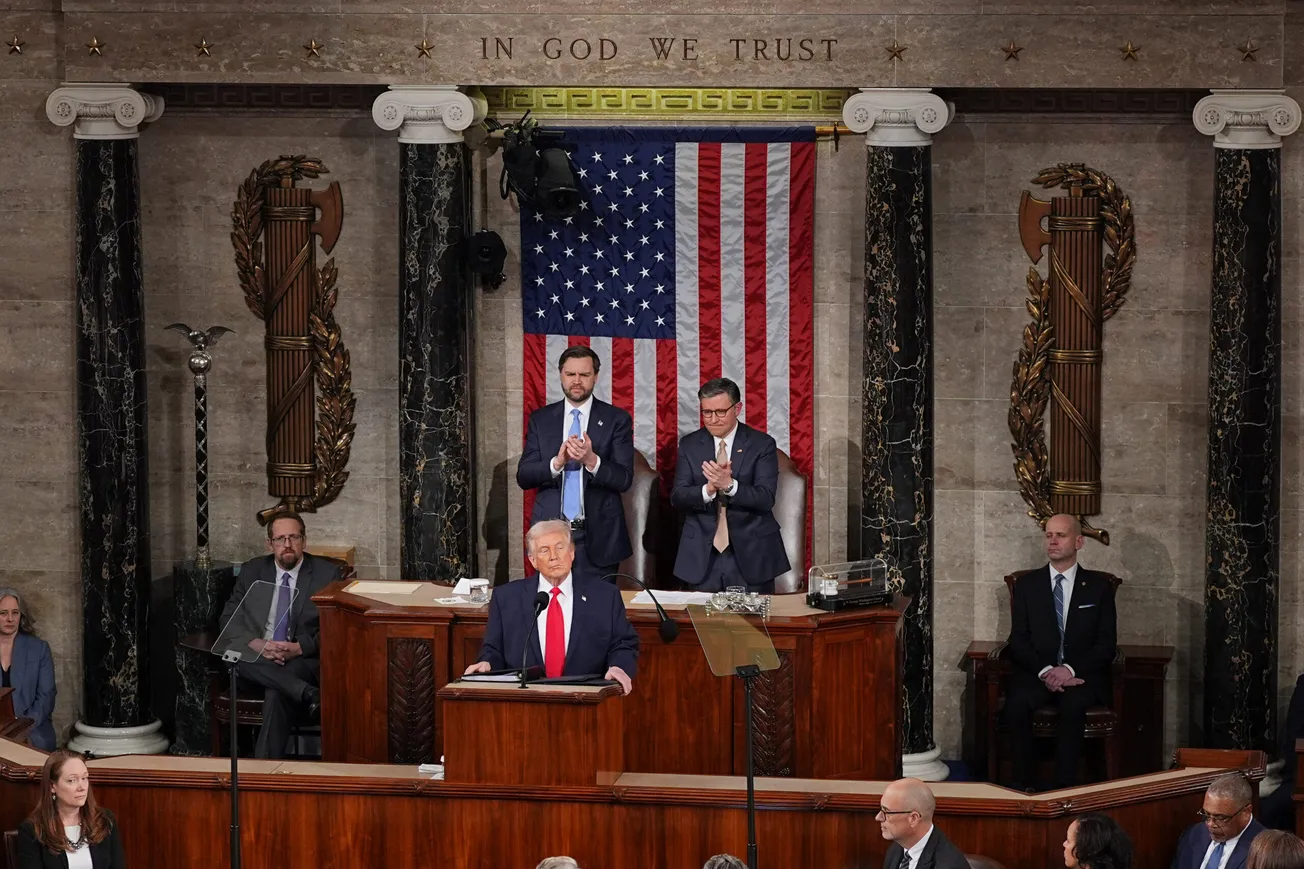Table of Contents
For 75 years, inconsistent foreign interventions and weak domestic institutions have left the Middle East trapped in cycles of conflict. Each power vacuum is repeatedly filled by dictators like Nasser and the Ayatollahs. The result has been endless proxy wars and instability that threatens our very own security and energy markets. Lasting peace won’t result from constant interventions or idealistic peace talks, but a balance of power in which no major nation can dominate others.
With that said, most Western policymakers argue that the worst possible scenario for the Middle East would be a nuclear-armed Iran. I disagree. If Iran succeeds in getting the bomb, Saudi Arabia and Turkey will certainly follow suit. The result would be a poly-nuclear Middle East. One that is paradoxically safer and more stable.
This logic, first articulated by the neorealist professor Kenneth Waltz, holds that two rivals containing nuclear capabilities can’t risk war without annihilating each other, so both will act with extreme caution. The same reasoning applies to Iran if the regime behaves rationally. And it does.
Despite the Western caricature of the mad mullah regime, Iran’s government runs itself on the strategic doctrine of Maslahat (expediency), which explicitly prioritizes national interest and regime survival over ideology. According to the Washington Institute, the preservation of the regime is the ultimate religious value and allows the violation of Islam to preserve that value. Contrary to popular belief, it is raison d'état rather than Shi’ite Islam that governs the policymaking of the Iranian regime.
For example, during the Iran-Iraq War (1980 - 1988), Khomeini vowed never to accept peace until Saddam fell. Then, in 1988, facing economic collapse, with hundreds of thousands dead, and a fatigued army, Khomeini agreed to a U.N. ceasefire, which he described as like drinking “from the poisoned chalice.” The same pragmatism emerged in 2015, when Iran accepted the JCPOA to restrict its nuclear program in exchange for economic relief. International sanctions had strangled Iran’s economy of over $100 billion in revenues from 2012 to 2014, so the regime chose survival over ideological suicide. It even cooperated with the United States to fight against ISIS in 2014. Such episodes underscore that Iran’s leadership indeed acts in the interests and stability of the regime. This view is also echoed by Israel’s former military chief, Lt. Gen. Benny Gantz, in 2012.
If Iran is rational, then the logic of deterrence applies. Since 1945, no two nuclear-armed nations have ever fought a full-scale war. And it is the very terror of nuclear weapons that enforces that peace. Look at the Cold War. The United States and USSR spent half a century trying to destroy each other, yet never did due to the doctrine of M.A.D. working.
The same dynamic holds between India and Pakistan. Prior to acquiring their nuclear arsenals in 1998, the two nations fought three full-scale wars. After the threat of M.A.D., they have fought zero. Nuclear deterrence doesn’t erase conflict and create utopian world peace, but it does lower the ceiling of destruction between nations and prevent conflicts from escalating. That is the reason why the India-Pakistan skirmishes in 2019 and 2025 de-escalated so promptly. The same applies to the Korean Peninsula, where nuclear parity has prevented a second Korean War from happening.
History, therefore, shows a consistent pattern; ideological differences between rivals do not negate the logic of deterrence. Even Pakistan, an unstable, extremist-linked state, has treated its arsenal as its most guarded asset. They have built layered command and control systems to prevent unauthorized launches or theft. And if a nuke were to vanish, let us not underestimate the U.S.’s surveillance capabilities to find it.
This logic extends directly to Iran. Iran’s proxy strategy exists because it lacks nuclear deterrence, so it compensates for Israel and America’s conventional power through Hezbollah, Hamas, the Houthis, and Iraqi militias. With the Bomb, that incentive would decline. Iran has every reason to maintain full control over its arsenal, as it cannot control or predict the behavior of terrorist groups it sponsors. And had they wanted to deal significant damage to the West, why hasn’t Iran equipped its proxies with chemical weapons? It is because they are aware of a U.S.-Israeli retaliation and view their survival as more important than the destruction of their rivals.
The same reasoning applies to the wider Middle East. Saudi Arabia and Turkey are not revolutionary powers. Both are status quo countries driven by security and survival. Riyadh’s foreign policy is transactional and rooted in regime preservation. Ankara’s ambitions are the same. If either were to go nuclear, it would be to balance out the Middle East, not dominate it.
Iran, thus, anchors that balance. Its political system has outlasted the Shah, Saddam, the Arab Spring, and decades of isolation. Power is divided among the Supreme Leader, the IRGC, and the elected government. This structure prevents sudden coups or policy swings. Even in the face of public protests like in 1999, 2009, 2019, and 2022, the security apparatus was able to absorb each shock without losing central control. Iran’s survivalism is its ideology. Nuclear deterrence will remove external threats and force the country to confront its internal contradictions. Without the banner of resistance, the regime will lose its most powerful ideological weapon, thus weakening its grip on its population and prompting internal revolution. The USSR followed this same playbook. And if you're worried about the nukes, then the international community will manage the handover of Iran’s nukes like they handled the USSR's.
History leaves little doubt that the current chaotic asymmetry of the Middle East is not a long-term answer. It produces continual instability and carnage. The only long-term solution to the Middle East is a nuclear Middle East. Yes, proliferation adds risk. But history suggests nuclear states act with extreme caution, precisely because the cost of error is extinction. There will still be tension. There will still be hateful rhetoric. But there will be peace. An ugly peace. As paradoxical as it sounds, giving the Middle East’s rivals nuclear capability might be the very thing that secures stability for the region, the West, and the world.
Author's note: Western values of reason, liberty, and law remain the most successful moral framework in history. My argument is rooted in what protects and advances that order.





